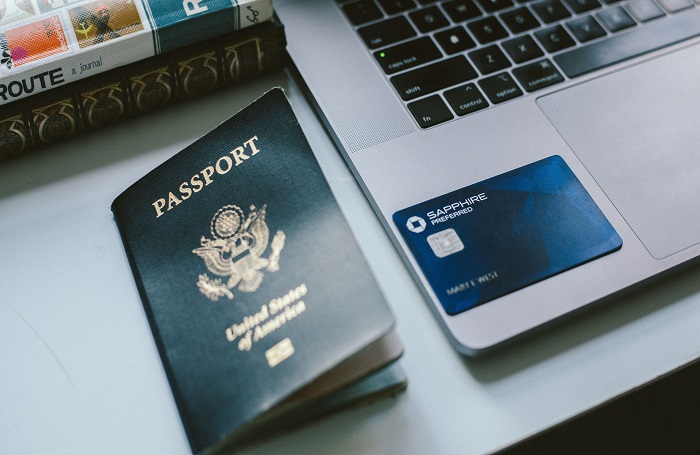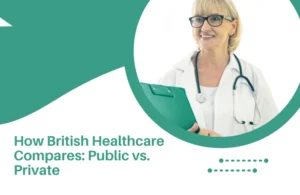
For those who follow developments in oceanic scientific research, it is no secret that marine ecosystems are in trouble. Despite various optimistic arguments to the contrary, it is also quite clear that humans are almost entirely responsible for recent negative changes.
Because it may not be too late to undo the worst harm the oceans have faced, understanding why marine environments are at risk is the key to fixing the problem.
Here is why marine ecosystems are at risk and how we can retain the benefits of coral reef ecosystems and other crucial underwater biomes.
1. Overfishing
Because a staggering portion of the human population either lives on the coast or depends on seafood as a food source, the world’s supply of fish is dwindling rapidly.
While advanced countries have attempted to establish limits on commercial fishing to promote sustainable harvests, everyone seems to be taking just a little too much. While not easy, the solution to this problem is relatively straightforward: the oceans simply need better, more efficient policing.
2. Pollution
Plastic and chemical waste are serious threats to marine life. As plastic degrades, it becomes a sort of slimy substance that can interfere with critical biological processes.
Poisonous chemicals can outright kill certain species and may affect breeding, reproduction, and development in others. Already, numerous efforts are underway to clean up the pollution circulating the ocean, but time is of the essence.
3. Anoxia
Ocean anoxia, a condition in which the oxygen concentrations present in water are significantly lower than normal, can be very dangerous for ocean life.
Anoxia tends to appear in areas where sewage or agricultural runoff is channeled directly into the ocean. This process created “dead zones,” in which only algae thrives and other species die in large numbers.
4. Climate Change
In many ways, climate change and general warming directly impact sea life. Sea turtle eggs, for example, develop as male or female depending on the external temperature of the environment.
Coral reefs, which contain many endangered marine animals, are especially at risk from climate change, as they undergo a stress-related process called “bleaching” when temperatures are too high.
If these conditions persist, entire reefs systems can die off. Although some coral species may adapt to changing temperatures, the rate of current changes appears to be too fast for effective adaptation.
5. Acidification
Ocean acidification that results from human activities alters the chemical composition of the ocean and its inhabitants. Even fairly minor acidification can result in extreme changes.
Many species, for example, who use hard skeletons or shells for protection, develop weaker, softer body structures in more acidic conditions. Because acidification is a result of atmospheric carbon, slowing emissions is key to preventing it.
Though things sometimes seem bleak, there is much that can still be done to save the natural world. How can we protect the ocean? One way is by getting involved.
Educate yourself and your family about the plight of ocean ecosystems. Take the family for a whale watching tour. Join local conservation groups. These may sound like simple things, but the future of the oceans depends on people like you who care.










